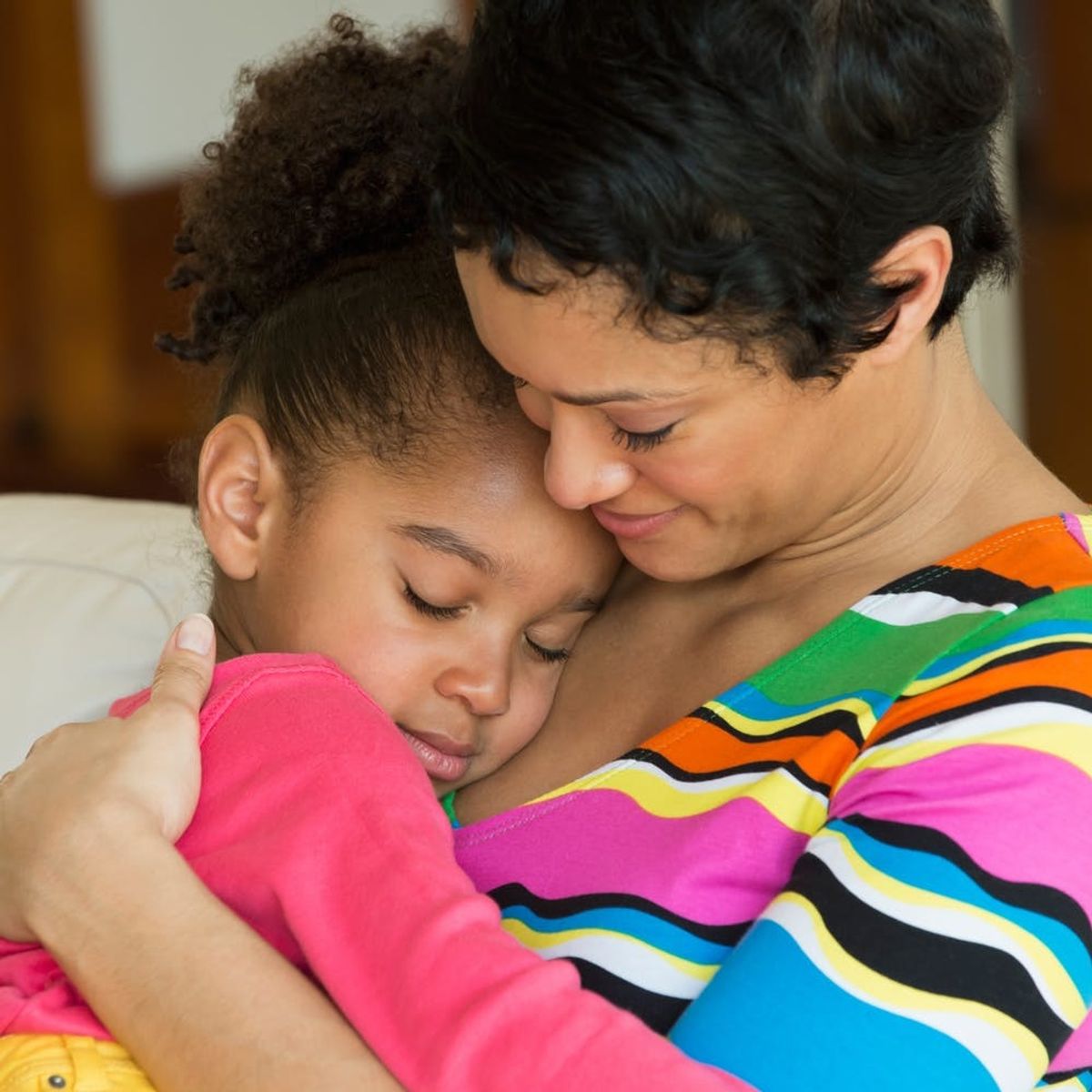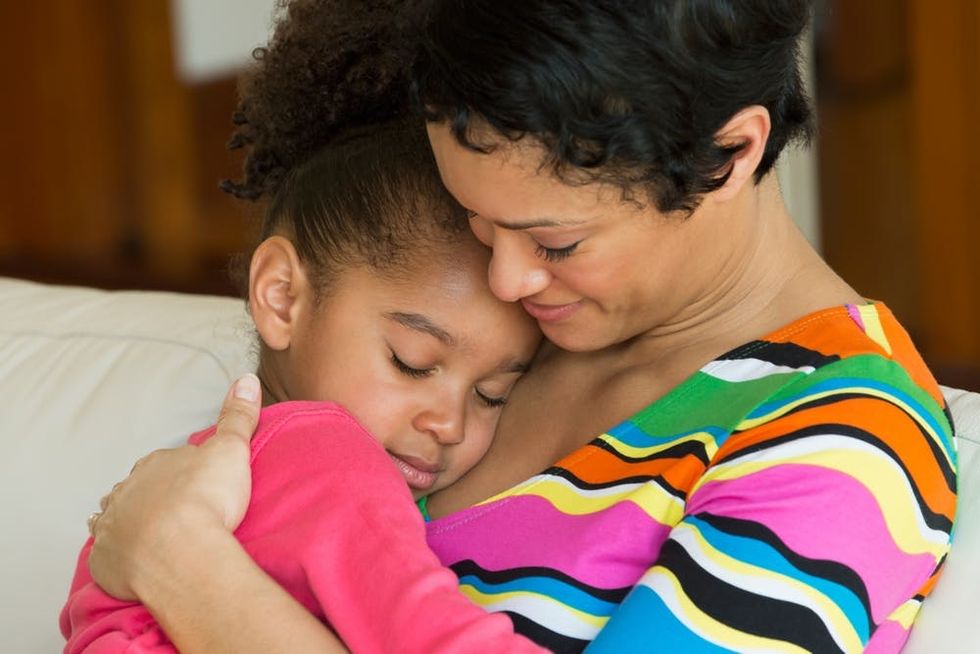How to Help If Your Child Is Getting Bullied

If you’ve experienced a bully in your life, you know the toll that emotional, verbal, and even physical jabs can take on your well-being. In addition to these forms of harassment, the use of technology has raised the threat of cyberbullying; the internet is yet another medium through which the meanies of the world can take out their insecurities on others. If your child is getting bullied, it probably makes you feel worse than if you were the one being harassed, but thankfully, there are steps you can take to mitigate the situation and help your child heal. Brendan Mahan, a guidance counselor and ADHD coach, has two important steps that any parent should take when their child is getting bullied.

There are two basic steps to help solve the bullying problem, and they can be broken down into two parts: emotional and procedural.
1. Emotional: First and foremost, Mahan says you should reassure your child. “Make it clear to your child that you believe them, and that you will do everything you can to keep them safe,” he says. “If possible, tell them the steps you will be taking to ensure their safety.” In addition to telling your child these things, Mahan recommends showing you care through spending extra time with them. “Cook a special meal, go to a favorite spot, enjoy a shared activity,” he suggests. If this emotional support isn’t enough, consider enlisting the help of professional counseling services.
It’s important to note, Mahan explains, that your child might resist your desire to interfere and stop the bullying. Prepare yourself for this possibility ahead of time, but kindly help your child understand that if nothing is done, nothing will change.
2. Procedural: In terms of logistical ways to make the bullying stop, Mahan says the first place to start is the source: the bully’s parents. While this conversation might be tough to initiate, it can be instrumental in ensuring the well-being of your child. “Start off by asking what the other parent knows about the situation, seek to enlist their help in resolving things, and be open to hearing that your child might be playing a role in the situation as well,” Mahan says.
Another resource at your disposal is your child’s school. If the bullying is occurring at school or an extracurricular activity, school officials have the power (and responsibility) to ensure your child’s safety. Set up a child with these officials, and share with them steps you feel could and should be taken to mitigate the situation.
Dealing with a bully in your child’s life can be an emotional, taxing experience. However, by showing you care and diplomatically involving adults in the situation, you can ensure that your child is safe, happy, and healthy.
How do you handle tough situations with your kids? Give us your tips @BritandCo.
(Photo via Getty)



















